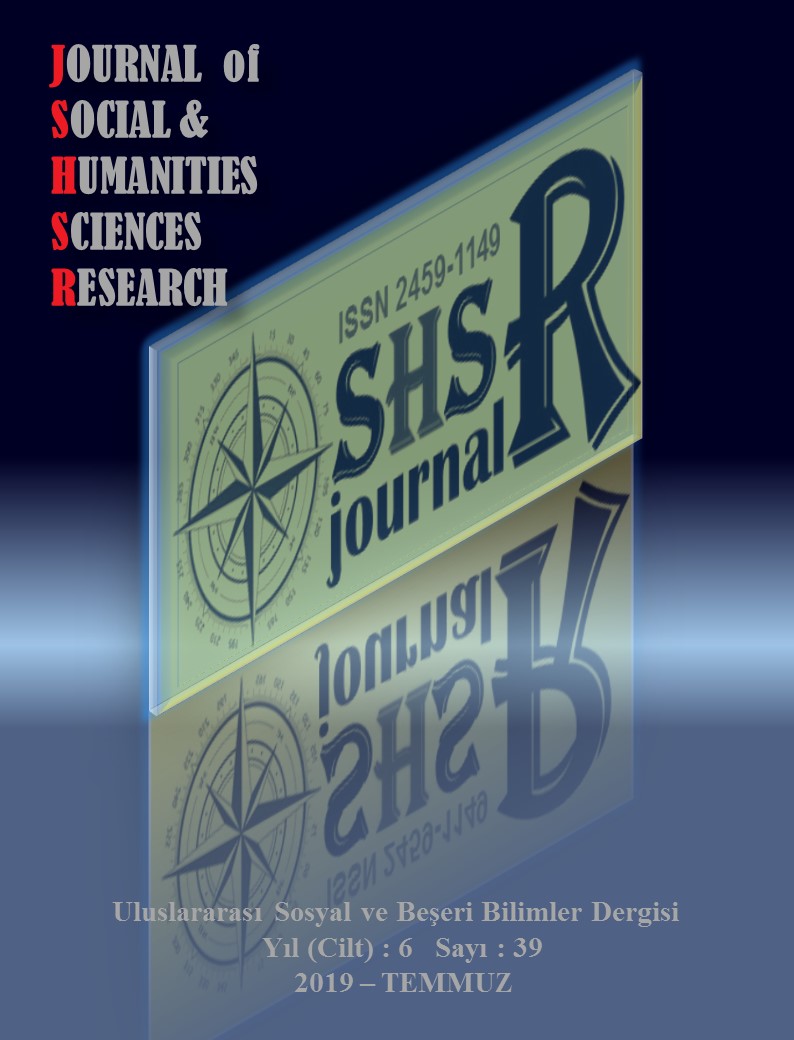THE PLACE OF EUGENIO BARBA IN INTERCULTURALISM AND INTERCULTURALISM
DOI:
https://doi.org/10.26450/jshsr.1286Keywords:
Kültürlerarasılık, Barba, IstaAbstract
Interculturalism has come from different geographies and cultures from past to present. The emphasis is on the importance of the way in which life forms that people who pass or have to pass through certain regions take on or leave to other lives are shaped. With the same interaction, the intercultural interaction of the theater and Eugenio Barba's contribution to the theater works through the method developed by this interaction are important. Intercultural reconciliation, which transfers the interaction of society with each other from generation to generation, also shows its effect in art. The historical process that witnessed the cultural transfer of many works of art provided an intercultural transfer in the art of theater as well as in sculpture, architecture, painting and music. The theater, in search of innovation, began to question its function and embarked on an intercontinental journey of long distances in Europe's crisis. In addition to strengthening the narrative, the directors will discover the existence of a new perspective and the practice of the stage, and will begin to bear the fruits of a long-term work. The architects of this work are Jerzy Grotowski, Peter Brook and Eugenio Barba. Barba, who keeps the process of intercultural interaction in his research field, has revealed the language he has added and created to the theater, a new expression and the functions of different cultures. Barba is influenced by Grotowski and reinforces the stage of his theater with his acquisitions for his school. Founded in 1979 by Barba, ISTA - The International School of Theater Anthropology is an intercultural study of acting technique. The principles that are in common with Eastern and Western art are investigated and tried to be defined. Barba, who exchanged culture through demonstrations to a society, started this work in 1974. The reason for the existence of theater, being an existential reason, makes it the third theater. Barba, who has pursued what he wants to realize, can be seen to turn these methods into a different experience in cultural interaction with the techniques he has developed
Downloads
Published
How to Cite
Issue
Section
License
Copyright (c) 2019 INTERNATIONAL JOURNAL OF SOCIAL HUMANITIES SCIENCES RESEARCH

This work is licensed under a Creative Commons Attribution 4.0 International License.


